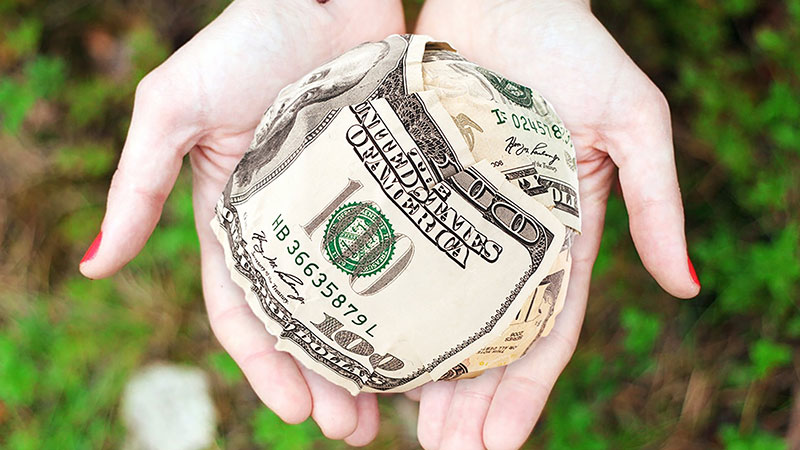It’s Not a Myth: You Can Buy Sustainably and Save Money
There was a time that products labeled eco-friendly or sustainable were for a niche market, aimed at hippies and those living off-the-grid. However, with climate change rightfully moving to the forefront of our daily concerns, the general public is reevaluating what it means to be sustainable.

Sustainability is gaining more traction as consumers make demands through their purchasing power, and companies are quickly learning that it makes smart business sense to keep up. The very definition of sustainability is that the product, or action, can be perpetuated or sustained through the co-existence of nature and humans.
On the world stage, sustainability is taking its place front and center. The United Nations developed 17 Sustainable Development Goals, with 169 targets to stimulate action for the benefits of humanity and the planet. In this long agenda, it boils down to this: small steps taken by a great many people can lead to significant change.
The thought of living more sustainably is often roadblocked by the fear that it will increase our expenses. Many people cite that organic food almost always costs more. We are here to tell you that it’s not a myth: you can buy sustainably and save money.
Stop Buying
The first and most important part of buying sustainably is to stop buying. In a world where we are constantly being bombarded with advertising, it can be challenging to realize that we don’t need everything being sold to us. Take a moment and ignore the pressure to over-consume. Ask yourself:
- Do I need it?
- Do I have it already?
- Can I fix what I have?
- Can I borrow it?
- Could I repurpose something I already own?
- Could I trade for it?
- Can I buy it second-hand?
- Can I buy it locally?
By not buying, you are saving yourself a lot of money right off the bat. If you do find that you still need or want the item, consider alternative purchasing options like borrowing, trading, or buying second-hand.
Buy Wisely
You are now working towards limiting your spending. Now it is time to think about how and where you are spending your money. By consciously allocating your funds, you will be putting a solid message to companies that environmental concerns need to be integrated into everyday business practices.
It is possible to take a deep dive into the ethics of each purchase you make. This goes for everything from buying clothes to groceries to picking out a bottle of wine. Even the top vineyards have noted wine trends for supplier marketing are moving towards demanding more environmental practices. As a consumer, you have the ability to use your money and your voice to make real, lasting change.
Small changes in our everyday purchasing behavior can lead to massive adjustments in our carbon footprint. Don’t worry if you feel you’ve slipped up; it’s critical to keep trying. Living and purchasing more sustainably is about doing our part for the planet and about showing the next generation how they can be involved in collective impact. We want people to know that you can have your cake and eat it too, just first think about choosing the most sustainable confection.


